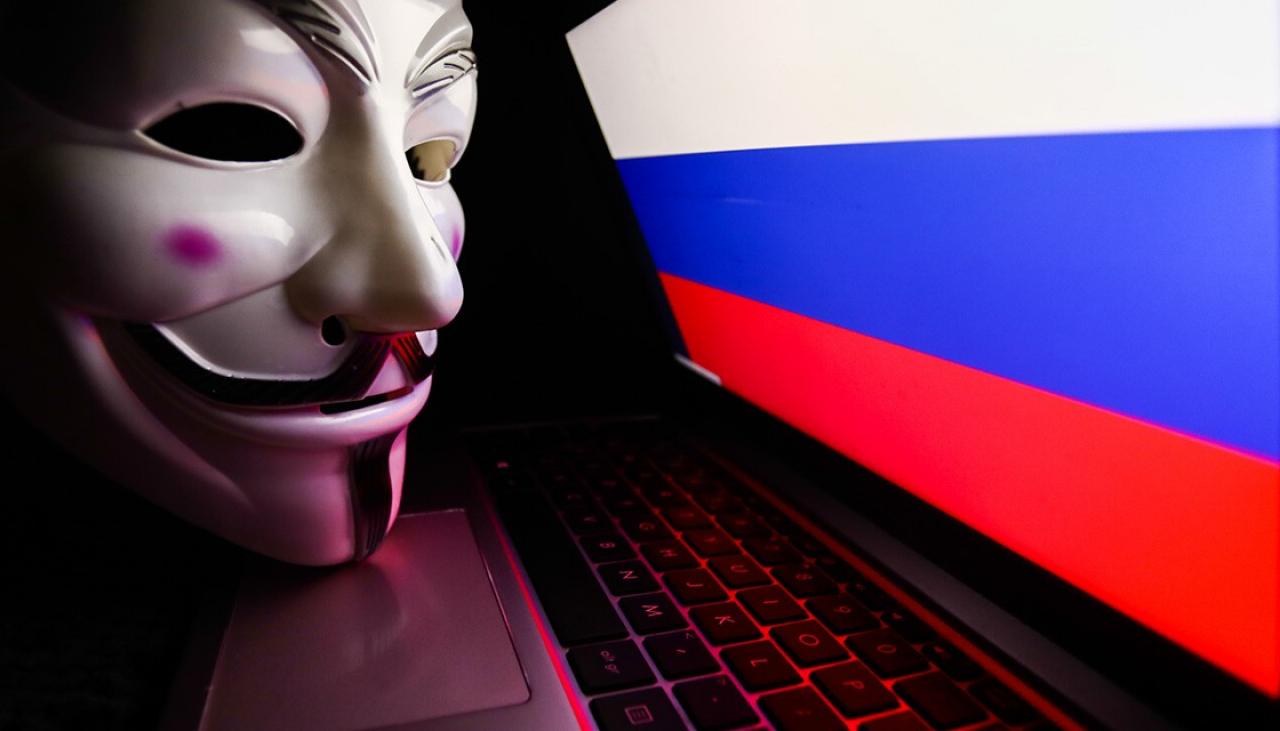Anonymous hacktivists claimed on Twitter that they had hacked and gained access to dozens of external and internal security cameras in Russia, located, according to the hackers, in restaurants, offices, schools and so on.
The feeds from the cameras are collected on a special site called Behind Enemy Lines, where various messages are superimposed on the picture, reporting information about the Russian invasion of Ukraine in a country where any free media activity is blocked and severe censorship is introduced.
200RF.com is another site posting information about Russian soldiers in Ukraine.
In total, the site collected data from more than 80 cameras, which the hackers divided into categories: “inside”, “outside”, “restaurants”, “offices”, “business”, “schools” and so on.
During the launch, the site had a “home” section, but now it is empty, and Anonymous writes that they have removed the video from the site:
Let me remind you that Anonymous hackers declared war on the Russian government.
Vice Motherboard journalists note that, according to their data, many cameras are indeed located in Russia. On one of the CCTV feeds, Motherboard looked at one of the convenience stores that had a Russian sign saying “Happy Easter”, suggesting that the channel was at least either live or filmed around that time of year. Another one ended up in the Siberian Tyumen region.
However, it is not clear exactly how the hacktivists gained access to them. Probably Anonymous used some kind of search engine (like Shodan).
We also wrote that The popular node-ipc npm package removes files on systems of developers from Russia and Belarus.




